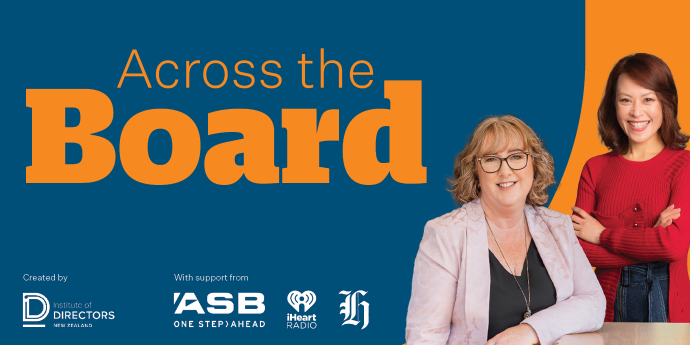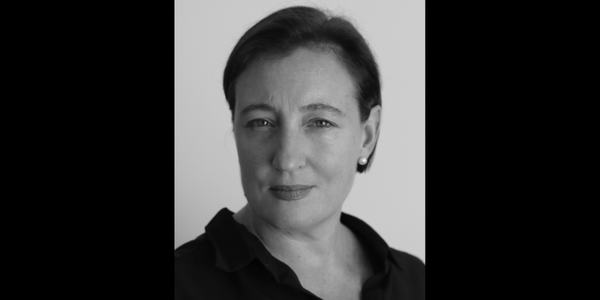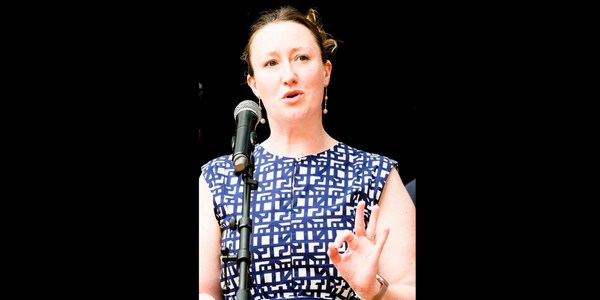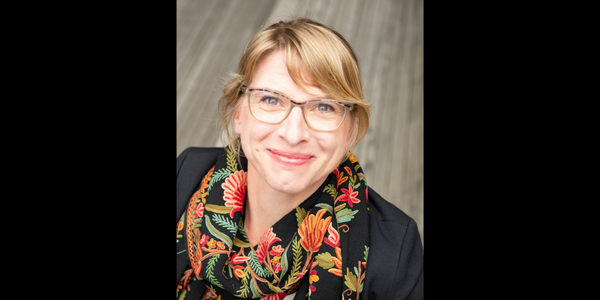Governance news bites – 13 June
A collection of governance-related news you might have missed in the past two weeks.

“If you are neutral in situations of injustice, you have chosen the side of the oppressor.” - Desmond Tutu
This third episode of Across the Board, a podcast presented by Kirsten Patterson CEO of The Institute of Directors and co-presented by Sonia Yee addresses the role social issues play in the workplace. And why boards have to keep on top of an array of issues like bullying, sexual harrasment, discrimination, modern slavery and more.
Due to an increasingly complex landscape, decisions made by boards are equally informed by every nuance and change in society beyond the financial goal posts.
But what are the implications of decisions made by boards, and how should directors look to avoid inadvertently contributing to wider social issues?

Photo: Jo Cribb
Jo Cribb is a diversity and inclusion consultant who sits on the board of Wellington Homeless Women's Trust.
She says the last census showed that 50 percent of those who identified as homeless on census night were women.
“We often think of homeless men sleeping rough. But women choose to do something different if they become homeless. They don’t feel safe on the streets, or they have children.”
Women are more transient and often move from house to house, or they end up in relationships where they may not be happy to ensure they have somewhere to stay.
This isn’t helped by women having less access to resources, or support.
Cribb is co-leading Mind the Gap, which assists employers in identifying their pay gaps. She says the ‘gender pay gap’ is also a significant contributor to womens’ homelessness and disadvantage.
“Often issues around pay and discrimination are invisible. There isn’t someone sitting there saying, ‘I’m going to pay you 10 percent less than the man sitting next to you, it works much more subtly than that.”
Worryingly, there is also an ethnic pay gap and Cribb says employers and boards need to be aware of this to ensure people are not treated unfairly.
But what if you join a board because you want to make a difference, and when you finally get a seat at the table no-one is willing to listen?

Photo: Lola Toppin-Casserly
Lola Toppin-Casserly has been conducting research into ethical behaviour on boards through her PHD at Victoria University. From interviews with a wide range of directors, her research revealed that bullying is happening in the boardroom.
One interviewee described her experience as, “Death by a thousand cuts.”
“Even if you do speak out, there is a complicity where people do nothing,” Toppin-Casserly says.
That act of keeping tight-lipped means toxic behaviour continues.
“Directors are often scared of whistle blowing because of the retaliation that comes with it.”
Toppin-Casserly would like to see a bullying hotline set up where independent investigations can be conducted, or support can be offered.
“Directors are responsible for creating safe environments, including psychologically safe. If they’re not complying with that legislation, there need to be some consequences,” Toppin-Casserly says.
But when you get to the top, why is it that even in that space people are not willing to hear?

Photo: Dr Emily Beausolei
Dr Emily Beausoleil is a researcher in political science at Victoria University and her work looks at the capacity for voice in an environment of inequality.
“More and more research shows that our perceptions and understanding about others is highly affective, highly emotional, and highly physiological in terms of our reactions to one another.”
She says those in less advantaged positions in society such as women and people of colour have less chances of being heard.
“I’m really interested in the perception of being put in a corner by those in advantaged positions in having to hear a little bit.”
She says if men and women were polled after business meetings, the women who spoke 15 percent of the time were seen to be speaking for an equal amount of time as men in the same meeting. If women were speaking 30 percent of the time, men perceived this as dominating.
“Based on your position of power there are certain cognitive vices that have been tracked,” she says.
“It’s true if people are taller, or more good looking they are given these certain cognitive advantages.”
According to Dr Beausoleil this includes men who are socio-economically advantaged, and those who are white are given more time, presumed to ‘know more’ and are trusted more readily than those who don’t fit into this category.
“When you’re given these advantages over time, you presume that you do know more than you really do. This is called epistemic arrogance where one presumes that other ways of thinking and being in the world are less valid.”
She says when it comes to issues around racism, individuals can experience this as shouting. And if confronted about it, they may feel ill-equipped to deal with the situation.
“We are seeing patterns of bad listening because of social position…habits of inattention and habits of being listened to, without having to listen.”
Listen to episode three of Across the board to hear more, including Dr Christina Stringer from AUT who speaks to the dangers of modern slavery.
Across the Board was produced by the Institute of Directors in partnership with NZME and iHeart Radio and proudly sponsored by ASB Bank.